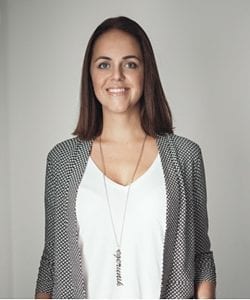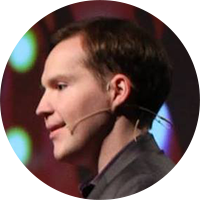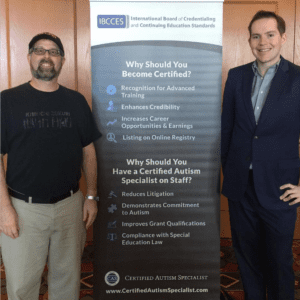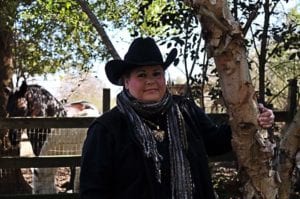1) How ha s earning the Certified Autism Specialist been meaningful and satisfying?
s earning the Certified Autism Specialist been meaningful and satisfying?
Earning my CAS has not only been a milestone in my own journey in autism specialization, but also a way of connecting with others in the international community who also serve ASD individuals and their family members. Although the community of providers serving those with autism is experiencing needed growth, to have easy online access to an abundance of training opportunities, job openings, news, and best practices is essential to my own best practice.
2) How has the CAS credential affected your professional growth?
So many things have come together to help me grow professionally in the area of autism services. I have been an adult neuropsychologist at OSF Healthcare for 18 years and have grown in so many areas of brain behavior relationships. When I had my own son 11 years ago, my world opened up to many topics only pediatric specialists seemed to focus on. I began to recognize autism in the adult and geriatric patients within my own practice. Earning my CAS certification brought all my professional and personal experience together into a more cohesive practice model. I have now published my book Understanding Autism in Adults and Aging Adults as a professional, a mother, and a certified autism specialist.
APR






 By Donna Sigurðardóttir, founder of I am UNIK
By Donna Sigurðardóttir, founder of I am UNIK By Kerry Magro, Self-Advocate, National Speaker, and Author
By Kerry Magro, Self-Advocate, National Speaker, and Author When I first met Stephen it was at an Autism Society of America conference. He immediately befriended me and wanted to get to know me better. After our first meeting I’d go on to read several of his books and later would be able to contribute a chapter to a book he co-authored called
When I first met Stephen it was at an Autism Society of America conference. He immediately befriended me and wanted to get to know me better. After our first meeting I’d go on to read several of his books and later would be able to contribute a chapter to a book he co-authored called  By Anita Lesko, BSN, RN, MS, CRNA
By Anita Lesko, BSN, RN, MS, CRNA